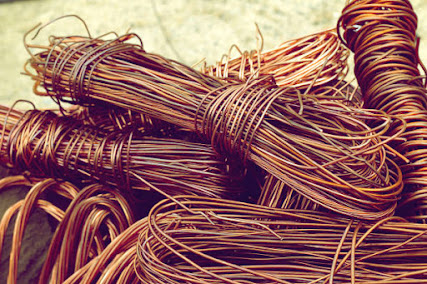10 Benefits of Scrap Copper Recycling

Scrap copper recycling is a vital process that offers a range of benefits, from environmental advantages to economic gains. As copper is an essential metal used in various applications, recycling scrap copper contributes significantly to sustainability and resource efficiency. Here are ten key benefits of scrap copper recycling: 1. Resource Conservation Recycling scrap copper helps conserve natural resources by reducing the need for new copper extraction. Copper is a finite resource, and recycling allows for the reuse of existing copper, thereby extending the lifespan of this valuable metal and preserving natural reserves. 2. Energy Savings The process of recycling copper requires significantly less energy compared to producing new copper from raw ore. Recycling copper can save up to 85% of the energy needed for primary production. This reduction in energy consumption lowers greenhouse gas emissions and helps mitigate climate change. 3. Reduction in Pollution Copper recycling reduces ...
.jpg)

.jpg)